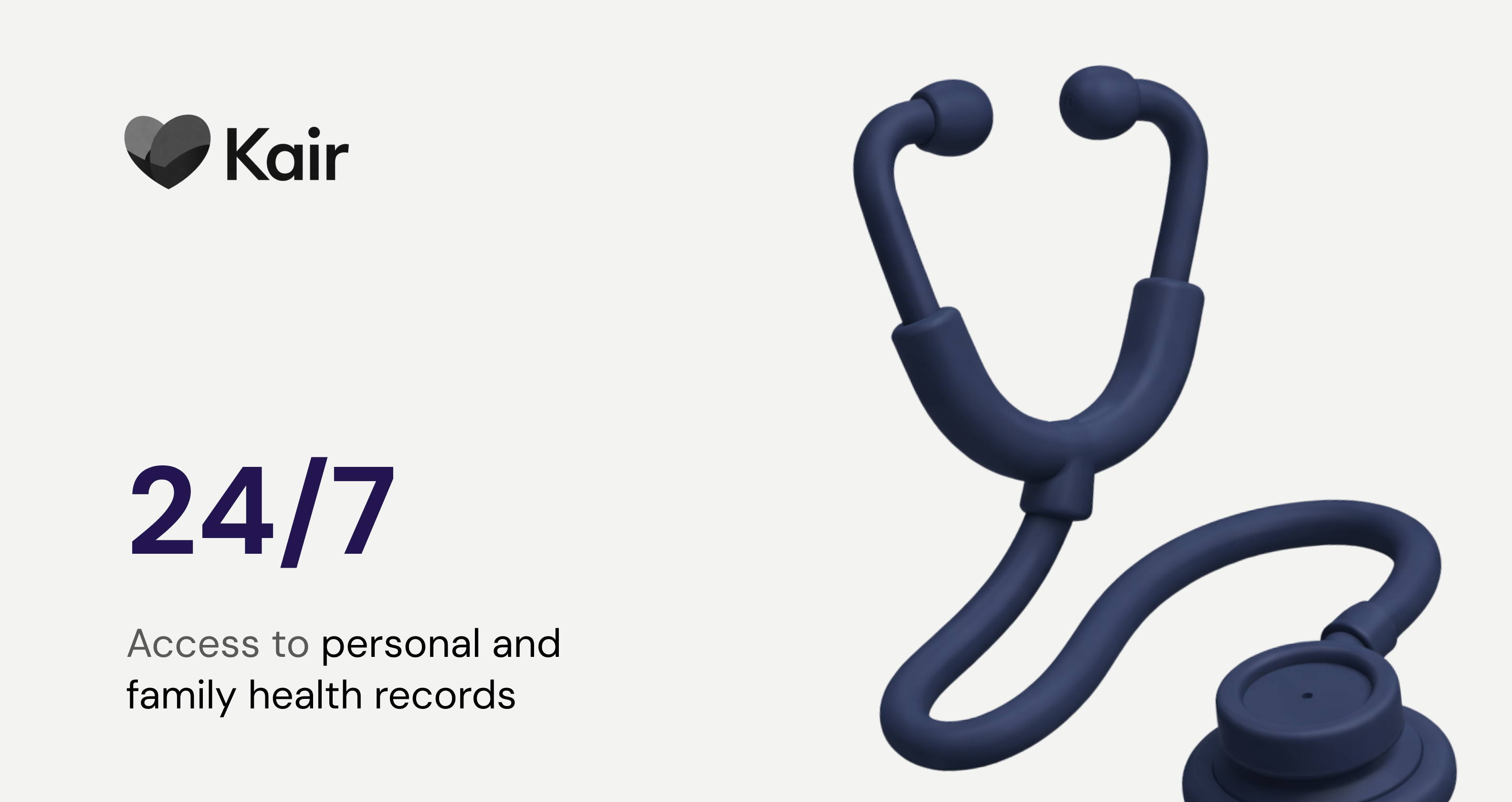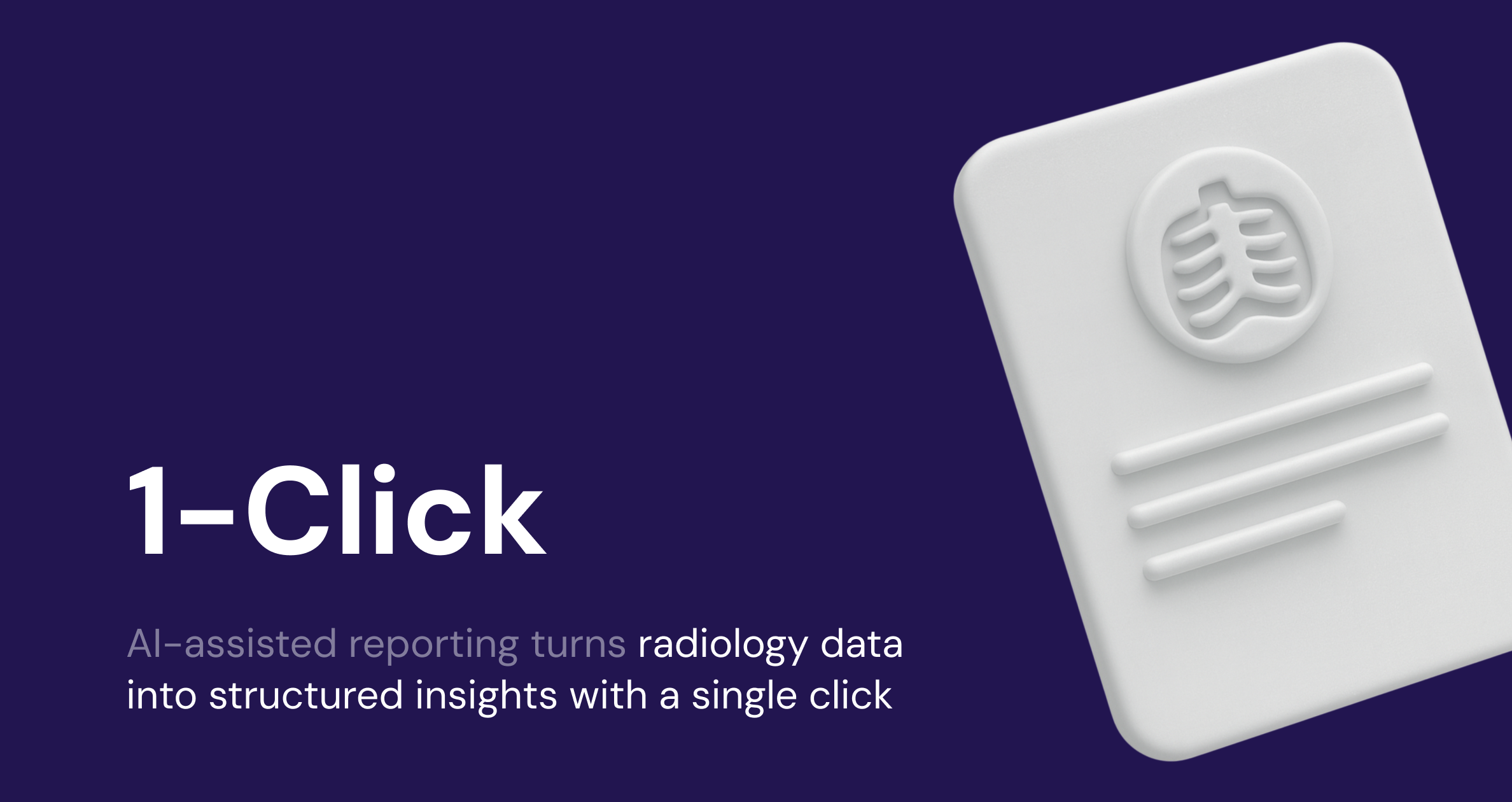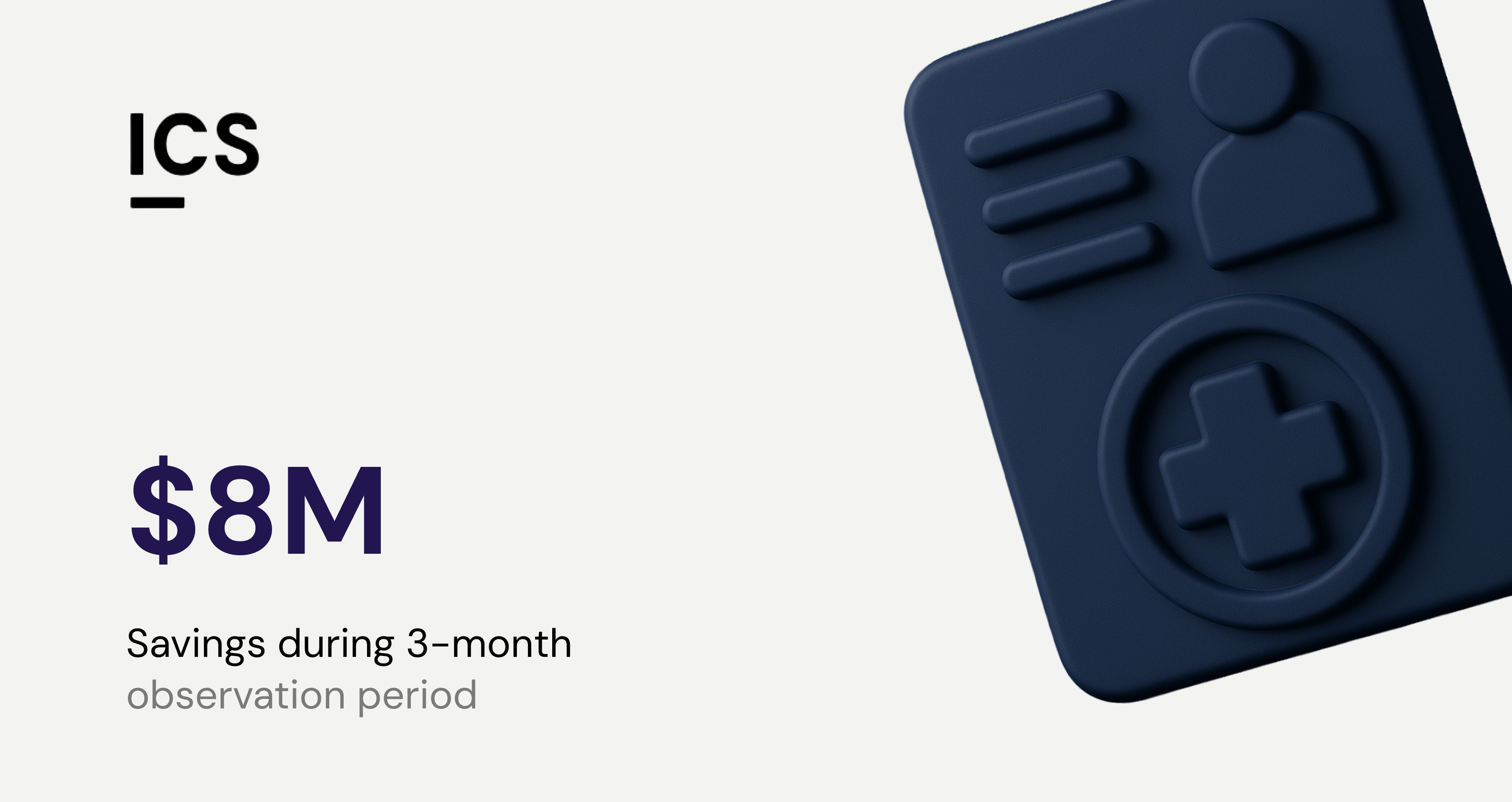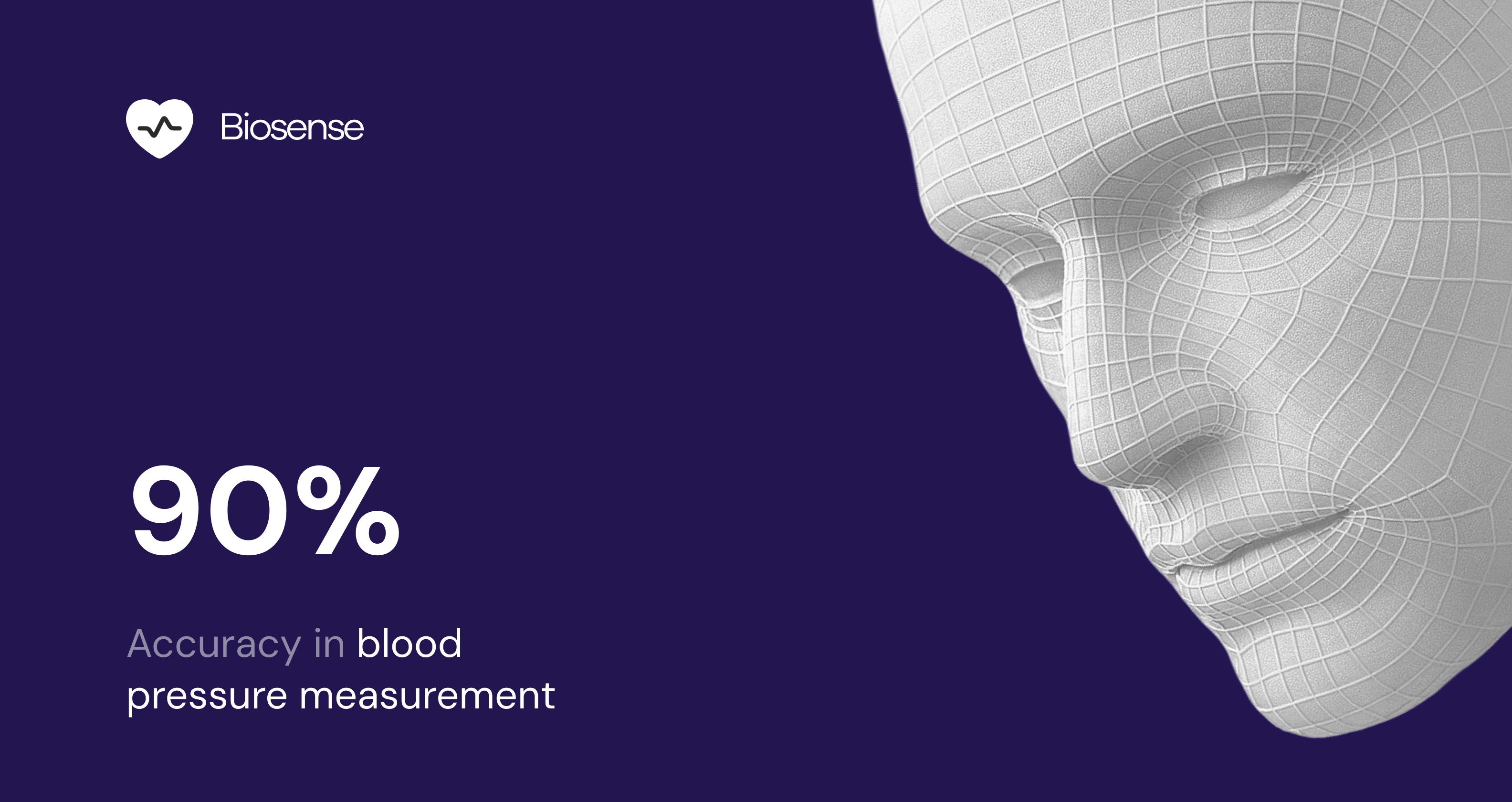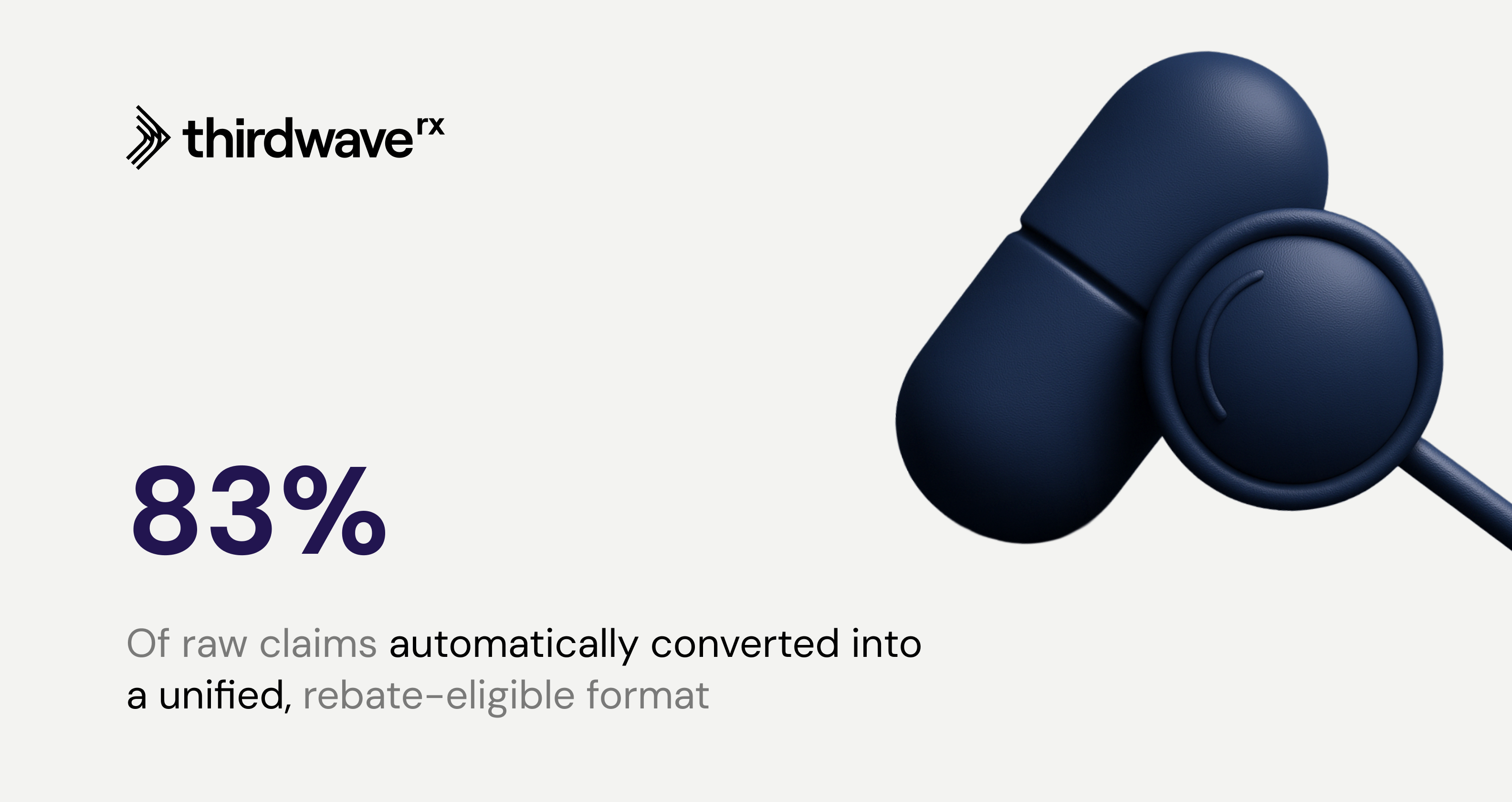This study examines the genetic association of the ADH1B-ADH1C locus, particularly the rs1789891 variant, with substance use disorders (SUDs) in a Ukrainian population, while also assessing its potential impact on other physical health traits. The research is based on findings from previous genome-wide association studies (GWAS) and aims to explore whether this genetic variant has pleiotropic effects, meaning it may influence multiple traits simultaneously. The study found that variations at the ADH1B-ADH1C locus could contribute to the development of SUDs and also have effects on other physical health traits, supporting the idea that genetic factors influencing substance use may also impact broader health outcomes.
Takeaways:
- The ADH1B-ADH1C rs1789891 variant is associated with substance use disorders in the Ukrainian population.
- The study suggests pleiotropic effects, where this genetic variation not only affects SUDs but also influences other physical health traits.
- The findings contribute to the understanding of genetic risk factors for SUDs and their potential links to broader health issues.
- The research supports the use of multi-phenotype genetic studies to uncover complex relationships between genetics, substance use, and physical health.
- These insights may inform future genetic research and potential interventions for SUDs and related health conditions.



